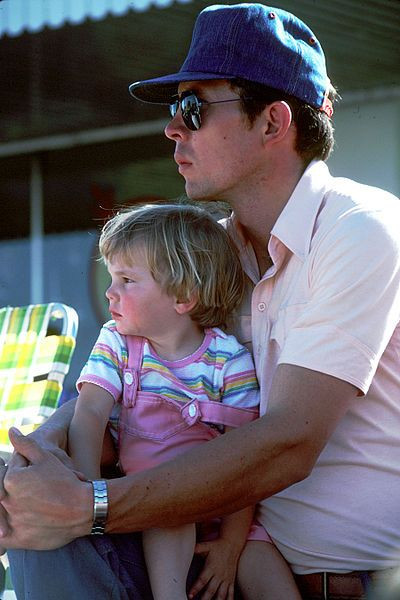Divorce Early In A Child's Life Leads To Less Secure Relationships With Parents

While divorcing parents often console their kids saying "everything's going to be alright," a new study indicates just the opposite. Researchers have found that younger children whose parents divorce tend to have more insecure relationships than kids whose parents divorce when they're a little older.
"By studying variation in parental divorce, we are hoping to learn more about how early experiences predict the quality of people's close relationships later in life," said R. Chris Fraley of the University of Illinois at Urbana-Champaign. Although Fraley and his team wanted to see how early experiences affected adulthood, they had no solid basis to examine, because peoples' memories of childhood can often be unclear. They chose to study divorce, because even if the participant couldn't remember the details, they still knew when their parents divorced.
For the study, 7,735 people responded to a survey about their personalities and close relationships. Of these participants, more than one-third of them had parents who had divorced and were, on average, 9 years old during the experience. Children with divorced parents were less likely to describe their relationships with their parents as secure. If their parents divorced when they were 3-5 years old, participants were even more likely to feel that their relationship with their parents is insecure.
"A person who has a secure relationship with a parent is more likely than someone who is insecure to feel that they can trust the parent," Fraley said. "Such a person is more comfortable depending on the parent and is confident that the parent will be psychologically available when needed."
Children of divorced parents showed signs of anxiety in romantic relationships too. However, researchers said the link was relatively weak, showing that divorce affected close relationships in a selective manner — rather than having a blanket effect.
They also found that divorce influenced security depending on which parent took custody. The majority reported feeling more secure with their mothers than their fathers. The researchers reasoned that mothers were usually awarded custody, and therefore were able to develop a stronger bond.
To find out if this was true, they surveyed a new group of 7,500 people, this time adding a question about which parent had taken custody. They found that the mothers took custody in 74 percent of the cases, compared to 11 percent for the fathers. When the participants lived with their mothers after divorce, they were more likely to feel insecure in their relationship with the father. Conversely, when they lived with their fathers, they were more likely to feel insecure with their mothers.
Although Fraley and his team don't know yet how these findings could affect future custody battles, they say that it points to the importance of spending time with both parents, for that time can affect the person when they get older.
"People's relationships with their parents and romantic partners play important roles in their lives," Fraley said. "This research brings us one step closer to understanding why it is that some people have relatively secure relationships with close others whereas others have more difficulty opening up to and depending on important people in their lives."
Source:
Fraley R, Heffernan M. Attachment and Parental Divorce: A Test of the Diffusion and Sensitive Period Hypotheses. Personality and Social Psychology Bulletin. 2013.



























